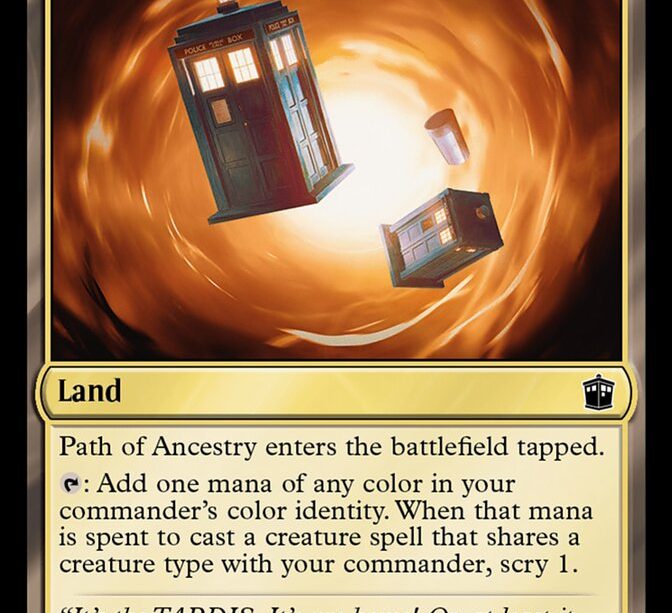Understanding the Role of WHO in Global Health

Introduction
The World Health Organization (WHO) is an integral part of the global health framework, having been established to address health challenges and disease outbreaks worldwide. Its contributions have become especially vital during international emergencies, such as the recent COVID-19 pandemic, where their guidance and resources were crucial in managing public health responses. Understanding WHO’s role is essential as it continues to influence health policies and practices across nations.
WHO’s Core Functions
Founded in 1948, the WHO’s primary objective is to ensure that all people attain the highest possible level of health. The organisation focuses on a range of key functions, including:
- Fostering global health initiatives: The WHO leads initiatives to combat diseases like malaria, tuberculosis, and HIV/AIDS.
- Setting health standards: The organisation establishes evidence-based policies and standards for health systems, advising countries on best practices.
- Responding to health emergencies: The WHO coordinates international responses during health emergencies, such as outbreaks of infectious diseases.
Recent Developments
Recently, the WHO has been in the spotlight due to new global health challenges. In 2022, the organization assessed the global health landscape and provided recommendations for strengthening health systems in the wake of the COVID-19 pandemic. As nations grapple with the long-term effects of the virus, WHO emphasises the importance of addressing vaccine disparities and improving healthcare access, particularly in low-income countries.
Furthermore, WHO is actively working on combatting misinformation relating to health matters, a challenge exacerbated during the pandemic. Their initiatives include providing accurate information through various platforms and promoting public health education.
Conclusion
In summary, the World Health Organization continues to play a pivotal role in global health matters. Its emphasis on establishing health standards, coordinating responses to health emergencies, and addressing ongoing health challenges is crucial for fostering a healthier world. Looking ahead, WHO’s efforts to enhance collaboration between countries and improve health equity will remain significant as the world navigates through an ever-evolving landscape of health threats and opportunities. For readers, staying informed about WHO’s actions and recommendations can help individuals understand global health issues and how they may personally impact public health initiatives within their communities.









